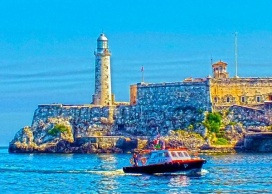
Efemérides habaneras. 9 de Octubre
1828. José Joaquín Muñoz is born in Havana.

He graduated in the specialty of Medicine in Paris, capital of France, and revalidates the title at the University of Havana. In 1863 he works on the translation of the lessons of the French professor Jules Baillarger, which he publishes in Cuba under the name of Treatise on Mental Alienation. He was director of the hospital for the mentally ill (Mazorra), today the Psychiatric Hospital of Havana Comandante Doctor Eduardo Bernabé Ordaz.
He was one of the forerunners of psychiatry in Cuba along with doctors Gustavo López García and José Antonio Valdés Anciano.
1941. Jesús Valdés was born in the town of Quivicán, then province of Havana.
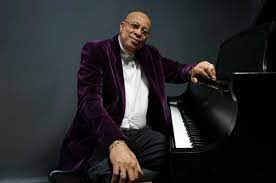
The son of pianists, he received his first lessons on this instrument from them. Since childhood, when he was only four years old, he played the songs that he heard through the radio. Later he carried out more systematic and rigorous studies with other professors.
Known in the musical world as Chucho Valdés, in his creative work he has performed as a notable musician, composer and orchestra director. He has been considered one of the most relevant pianists in the world and has won several Grammy Awards among other significant recognitions.
Virtuous as a musician he has been able to perform from a classical work to a jazz, a danzón, a guaracha or a son.
1959. The National Symphony Orchestra of Cuba is created in Havana.
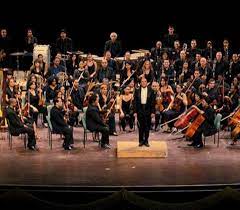
This group has its antecedents in the 18th century, when the Cuban cathedrals of Havana and Santiago de Cuba had a musical chapel made up of a small number of singers and instrumentalists.
He offered his first concert on November 11, 1960, in what was then called the Teatro Auditorium, directed by the principal conductors Enrique González Mantici and Manuel Duchesne Cuzán.
Since its foundation, it has developed a wide dissemination of Cuban, Latin American and universal music of various periods and styles.
In 2017, he was awarded the Replica of the Mambí Machete of Generalissimo Máximo Gómez, the highest recognition granted by the Ministry of the Revolutionary Armed Forces to personalities and institutions.
2013. Roberto Pavón Tamayo dies in Havana.
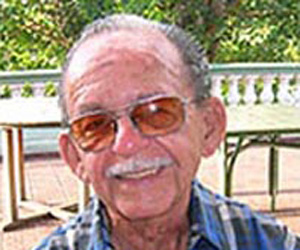
In his political career, he participated in the clandestine struggle against the dictatorship of Fulgencio Batista, for which he was imprisoned.
He began doing journalism in the weekly newspapers Surco and Sierra Maestra. He was deputy director and director of this latter medium during the years 1961 and 1965. He had an active role in the former province of Oriente in the creation of the Union of Journalists of Cuba in 1963.
In 1980 he founded the provincial newspaper Tribuna de La Habana, of which he was director until 1985. He later directed the National Information Agency from 1986 to 2000.
He fulfilled an internationalist mission in Angola, where he was a member of the Board of Directors of Verde Olivo Internacionalista.
He also served as a diplomat at the Cuban embassy in the then Union of Soviet Socialist Republics.
Later, before retiring, he worked in the Communications team of the Union of Journalists of Cuba and was a contributor to Prensa Latina.
His birth took place in the city of Holguín on August 9, 1932.
1909. The Viennese operetta The Merry Widow by Franz Léhar premieres at the Payret Theater
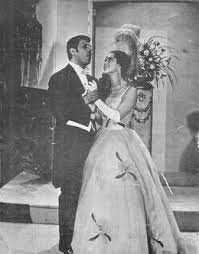
It was the first great stage success in Cuba during the initial stage of the 20th century. Franz Lehár, whose life spanned between 1870 and 1948, was a great Hungarian composer. Between 1890 and 1902 he directed several military bands and later became director of the Vienna Theater. In 1905 he premiered The Merry Widow in Vienna, which became his greatest success.